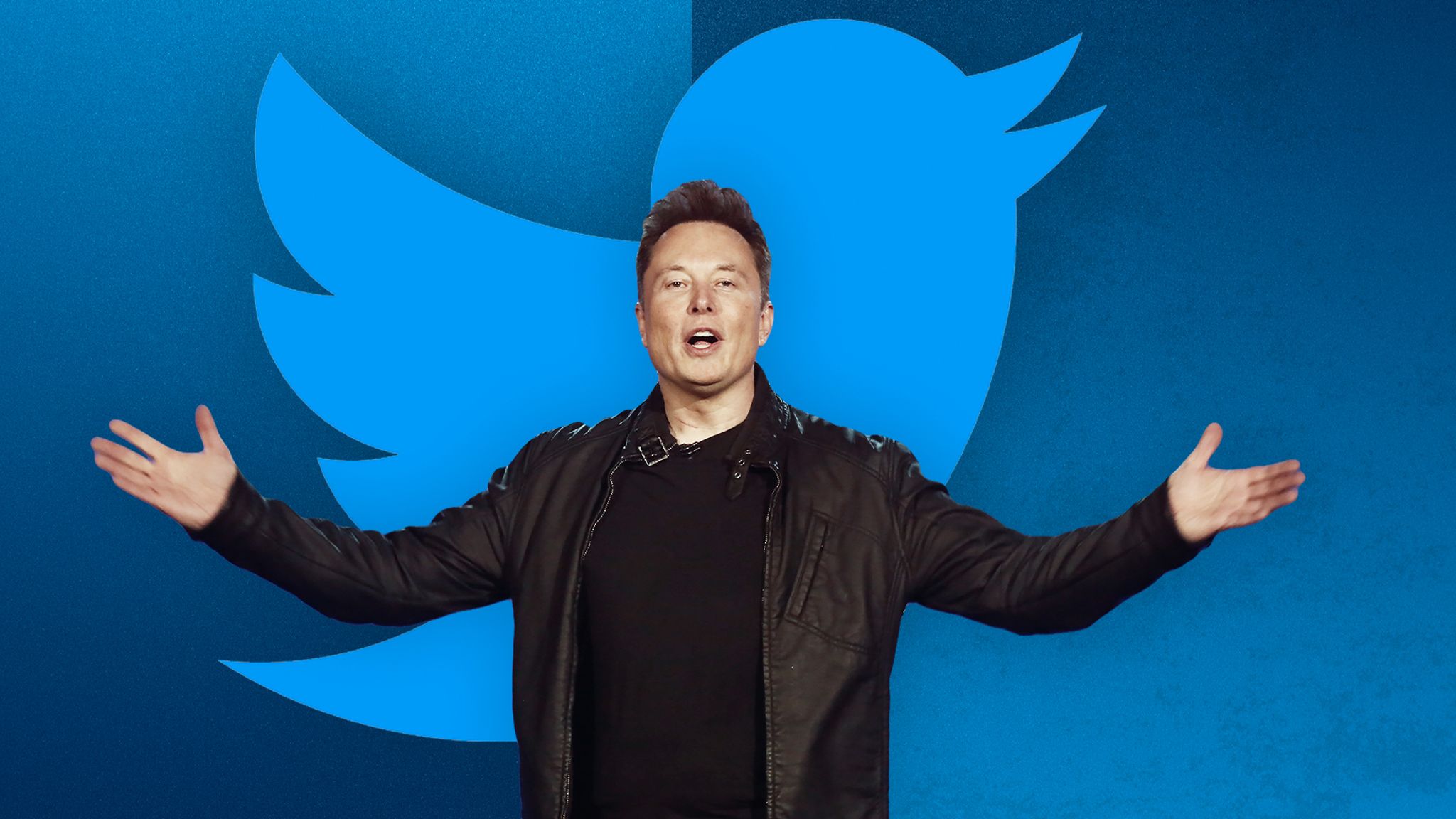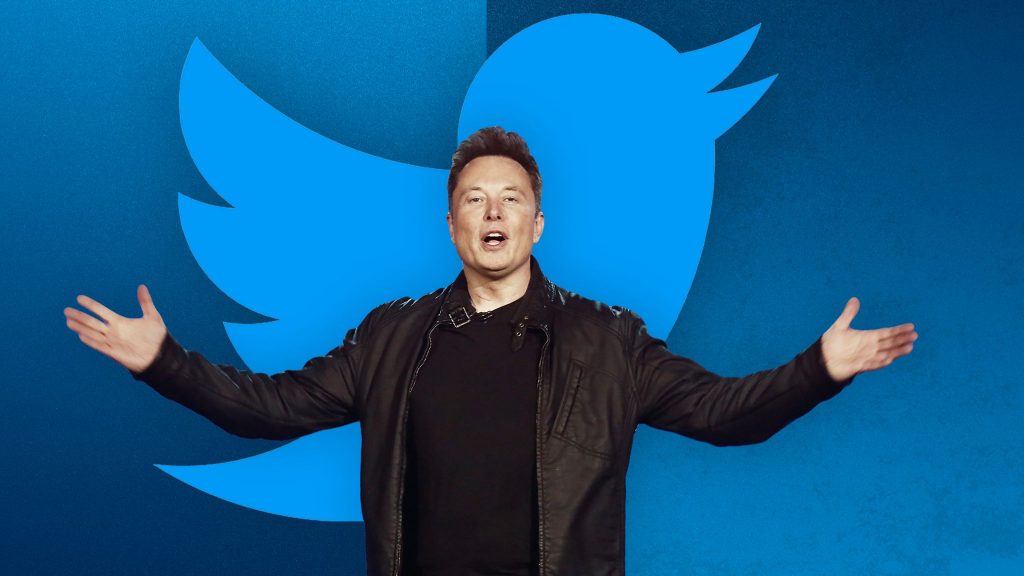When contemplating starting a business or entering the entrepreneurial arena for the first time, any advice from someone who has been there before being priceless.
But as time goes on, you’ll see that some of these tips are better and better for your business.


As a result, we polled 10 founders to find out what they felt was the single most helpful piece of guidance they were given when establishing their businesses. Learn from these (sometimes unexpected) lessons and apply them to your own endeavor.
1. Daymond John, Fubu Founder

Don’t chase the money!
Daymond John is the founder of the hip-hop clothing brand FUBU, as well as an author, TV personality, investor, and motivational speaker. He also appears as a shark on the popular TV show Shark Tank.
Daymond John built FUBU from the ground up, starting with a few sewing machines in his mother’s house and a dream to make clothes for the coolest hip-hop rappers. Daymond John became wealthy as a result, with a current net worth of more than $300 million.
Daymond’s mother gave him the best piece of advice. This piece of advice, ironically, came while Daymond was still a child, even before he started his own business. His mother used to tell him as a child, “Money is a great slave but a horrible master.”
Unfortunately, it took some hard lessons for Daymond to understand his mother’s advice. When Daymond first started his business, he was motivated by a desire to be wealthy. His first few businesses all failed. Finally, when he began doing something he enjoyed, it grew into the massive corporation that FUBU is today.
Several other successful people have echoed Daymond’s mother’s advice. Rather than chasing money, you should concentrate your efforts on pursuing your dream. If money is your motivation, you will only do the bare minimum to obtain the money.
If you do something because you genuinely enjoy it, you will be more invested in it.
You will do everything in your power to make it work, and in the long run, you are more likely to succeed than someone who is only interested in the money.
Furthermore, according to a 2015 study, people who are motivated by personal fulfillment and a desire to serve others are more fulfilled at work, do better work, and are more likely to earn more money than those who are only motivated by money.
2. Jeff Bezos, Amazon Founder

Be Resourceful!
Jeff Bezos, the CEO, and founder of online retail giant Amazon has an estimated net worth of $112 billion.
Jeff Bezos spent a lot of time at his grandfather’s ranch when he was a kid, and his grandfather was a major influence on his development.
When Jeff was a kid, his grandfather was always telling him to “be resourceful.” A problem always has a remedy.
Because of his steadfast adherence to this motto, Jeff has become the wealthiest problem in the world. In the years since he founded Amazon, Jeff has experienced a number of setbacks, but he has always been able to overcome them by trying out new ideas and strategies.
3. Bill Gates, Microsoft Founder

Keep Things Simple
Everyone is familiar with Bill Gates, the man who created Microsoft and who was the wealthiest person in the world for a long time before being overtaken by Jeff Bezos, founder of Amazon. Bill Gates learned more from observing fellow billionaire Warren Buffet than from any direct advice he received.
Gates claims that Buffet favors a minimalist approach. His schedule is one of the simplest you’ll find. When deciding whether or not to put money into a business, he takes a quick look at the essentials. In order to make decisions, he basically builds a simple, predictive, and trustworthy model to use as a foundation of understanding.
The key to success, according to this piece of advice, is mastering the art of boiling things down to their barest essentials. Every complex topic has a handful of underlying elements that can be reduced to their simplest forms.
It’s not the pills, the elaborate exercise routines, or the special diets that matter if weight loss is your goal. In order to lose weight, you need to increase your metabolic rate (by burning more calories than you take in). Keeping this in mind will help you lose weight no matter what method you choose. It’s not the budgeting apps and spreadsheets that matter if you want to save money.
Simply put, you need to spend less money than you take in. In reality, every topic has a few fundamental elements. You will always be successful once you learn to zero in on the factors that truly matter.
4. Matt Barrie, Freelancer.com Founder

Take Every Opportunity
That Comes Your Way
As the current acting CEO of Freelancer.com, an international online marketplace for freelance work and crowdsourcing, Australian tech entrepreneur Matt Barrie is responsible for the company’s day-to-day operations.
Matt founded Sensory Networks Inc., a company that sold high-performance network security processors before he started Freelancer.com. In 2013, Intel Corporation purchased Sensory Networks Inc. Prior to establishing Sensory Networks, Matt founded another firm that produced hardware for use in telecommunications. As of right now, Matt Barrie is worth more than $200 million.
When Matt was around sixteen years old, he received the best advice of his life. It was delivered by a senior citizen who was pitching a business to Matt’s parents. The man advised Matt not to pass up an opportunity just because someone asked him if he was capable of doing something.
If he didn’t have the necessary skills, he could always learn on the job. For all of Matt’s years spent building businesses, this has been his underlying philosophy. He makes the most of situations as they arise, figuring out the next steps as he goes.
Matt claims that many talented people settle for less than they deserve because they doubt their own abilities. For instance, many people would like to launch their own business but are hesitant to do so due to a lack of operational know-how.
It’s a classic case of the chicken or the egg dilemma.
Someone may believe that they lack the necessary experience to run a business, but there is no way to acquire this elusive knowledge without first putting it to use. The best way to solve this problem is to dive in head first and learn as you go.
5. Brain Chesky, AIRBNB Co-Founder

Focus on one person
instead of a crowd
Brian Joseph Chesky is a successful American entrepreneur who helped create the online lodging marketplace Airbnb. Chesky is currently serving as the company’s interim CEO.
The value of Airbnb has skyrocketed since its inception in 2008 when it was first valued at $2 billion. Similarly, co-founder Brian Chesky went from being penniless to being worth about $3.7 billion. Chesky is one of the 100 most influential people in the world in 2015, according to Time magazine.
Chesky’s best piece of guidance came during Airbnb’s time in the Y Combinator program, in which startups spend three months in Silicon Valley being mentored.
One of the co-founders of Y Combinator, Paul Graham, gave Airbnb founder and CEO Brian Chesky some advice that has helped shape the company into what it is today. In a conversation with Chesky, Graham shared that the key to making a successful product is to imagine only one user and design the product so that they have the best possible experience.
He elaborated on why it’s preferable to have a product that 100 people truly adore rather than a million people who are lukewarm about it. Those who truly enjoy a product will be the ones to spread the word about it.
All business owners should bear this in mind. In an effort to expand their businesses, many startup founders design products that can potentially appeal to anyone.
The larger your pool of potential buyers, the greater your earnings could be, right?
Wrong!
Actually, it’s next to impossible to make everyone happy. Focusing on a specific subset of customers increases the likelihood that you’ll succeed rather than spreading yourself too thin and missing out on the opportunity to help everyone.
6. Gray Vaynerchuk, Vayner Media Co-Founder & CEO

You Never Know What You Have
Until You Sleep With It
In addition to being a co-founder and the current acting CEO of Vayner Media, Belarusian-American entrepreneur Gary Vaynerchuk is also a co-host on the company’s namesake show.
In addition, he has written five books that have all become New York Times bestsellers, is in high demand as a keynote speaker, has built a strong online following, and is well-known for his role as an angel investor in the rise of companies like Uber, Tumblr, Venmo, Twitter, and Facebook. Because he started his first business when he was only seven years old, Vaynerchuk calls himself a “purebred” entrepreneur.
While still a young adult, Vaynerchuk took over his father’s liquor store and expanded its online sales from $3 million to $60 million per year. Vaynerchuk’s time spent working in the wine industry provided him with the best piece of advice he has ever received.
Vaynerchuk was given some advice by a retired liquor merchant that may seem crude but is actually packed with nuggets of insight. The sommelier advised Vaynerchuk to sleep with the bottle to get a feel for its flavor.
The underlying message of this piece of guidance is that taking action is the single most important factor in achieving business success. Business owners typically invest a great deal of time in forethought and analysis to prepare for potential challenges.
While it’s wise to put some thought into the future, you shouldn’t spend too much time doing so.
The future of any given company is unknown, and it is therefore impossible to adequately plan for it.
Spending too much time in thought and preparation can lead to inaction. Getting things done and tackling problems as they arise is the best course of action. Sometimes the best way to build a business is through lots of trial and error rather than meticulous planning and preparation.
7. Arianna Huffington, Huffington Post & Thrive Global Founder

Failure is a Stepping Stone to Success
American author and media tycoon of Greek descent Arianna Huffington were born in Greece. It was Arianna who started the Huffington Post. She was the platform’s editor-in-chief as she built it into an award-winning online news outlet, which she then sold to AOL in 2011. She left The Huffington Post in 2016 to start a company called Thrive Global, which is dedicated to health and wellness.
When it comes to guidance, Arianna’s mom is unrivaled. While she was still young, her mother constantly reminded her that failure should be seen not as the antithesis of success but as a necessary step on the road to ultimate triumph.
Arianna’s career has been informed by this view of failure. Defeat is nothing new for Arianna.
For her debut novel, Arianna was turned down by 36 publishers. She ran for governor of California in 2003, before launching the Huffington Post, but she got less than 1% of the vote. She also has experience with a failed marriage.
She has been discouraged by her many setbacks, but her mother’s words to her as a child have been the only thing to keep her going. She viewed setbacks as opportunities for growth, which ultimately led to the meteoric rise to fame and fortune she enjoys today.
This is sound counsel for any business owner to follow. A lot of people give up on their business ideas early on. If you fail, don’t give up; instead, figure out what went wrong and use that knowledge to propel yourself forward.
8. Richard Branson, Virgin Group Founder

Have no Regrets
As an English investor, business magnate, philanthropist, and author, Sir Richard Branson has achieved great success. More than four hundred different businesses fall under the umbrella of the Virgin Group, which was founded by Richard Branson. Branson, who is worth about $5 billion at the moment, is famous for his risk-taking personality and infectious humor.
The best piece of advice Richard Branson has ever received has nothing to do with building the ideal team, finding investors, or mastering sales techniques. Rather, a change in perspective is required.
Richard Branson’s mother, Eve Branson, was a powerful figure in their lives and provided him with the best guidance. She taught him a lot of valuable lessons, but one, in particular, stands out. She encouraged young Branson to make the most of every opportunity. He was instructed to stop dwelling on the past and put his efforts into the future.
It was this piece of advice that Branson took to heart and used as a guiding principle for all of his future choices, both professionally and personally. The things he has tried and failed at are not failures in and of themselves, but rather opportunities to learn and improve. He thinks it’s counterproductive to focus on past mistakes. Instead of dwelling on his past mistakes, he uses that time and energy to pursue new endeavors.
This is sound counsel for aspiring business owners. The road to success as an entrepreneur is fraught with difficulties, and failure is an inevitability. You shouldn’t bother with them. Investigate the obstacle dispassionately, learn what you can from it, and proceed.
9. Elon Musk, Twitter, Tesla, and SpaceX CEO

Exemplify the Limitless Possibilities Innovation can Lead to
Elon Musk, the vivacious CEO of Tesla and SpaceX, will be at the forefront of altering the global business landscape in 2021. Elon Musk, now a household name, first appeared on the international entrepreneurial stage in 1999 when he played a key role in building PayPal. Elon Musk has shifted his focus from revolutionizing the way people make purchases online to taking them all the way to the moon (well, at least those with surplus millions lying around).
In spite of his achievements with PayPal and SpaceX, Elon is probably best recognized for his work as CEO of Tesla Motors, which has led to significant advancements in the field of electric vehicles. Elon has shown that his inventiveness goes beyond his business acumen by taking a hands-on approach to engineering and R&D in his role as CEO. Tesla, which was founded in 2003, has risen to rival Toyota in market value since its inception. As a business leader, Elon is an inspiring example of the sky’s-the-limit potential that can be unlocked through creativity and risk-taking.
10. Melanie Perkins, Executive Director & Co-Founder of Canva

Perseverance and Dedication
are the Key to Success
Melanie Perkins runs the show at Canva, the popular online tool for creating visual content. The Australian entrepreneur’s tech company, recently valued at $6 billion, makes her one of the youngest female CEOs of a multibillion-dollar tech startup. Melanie and her then-boyfriend, now-co-founder Cliff Obrecht, came up with the idea for Canva in 2006 as a simple design tool for college students. Adobe and Microsoft were the industry standard design programs, but they were notoriously difficult to learn and use. Melanie foresaw that future graphic design platforms would be much more approachable and collaborative, so she got to work making that future a reality.
Melanie Melanie, then 25 years old, launched Canva in 2013. At the age of 28, Melanie was featured on Forbes’ Under 30 Class Year list, where she was lauded for the success of Canva and its $165 million valuation. Canva has greatly surpassed its initial success after four years and several billion dollars. Canva as we know it today would not exist if Melanie hadn’t been so resilient in its early days. Despite being turned down by more than a hundred investors, she was able to raise $27 million in 2013 thanks to her dogged determination, which paved the way for the company’s meteoric expansion in the years that followed. Canva now has over 20 million users and provides them with easy-to-use graphic design tools that promote creative freedom for anyone with a freemium account.




